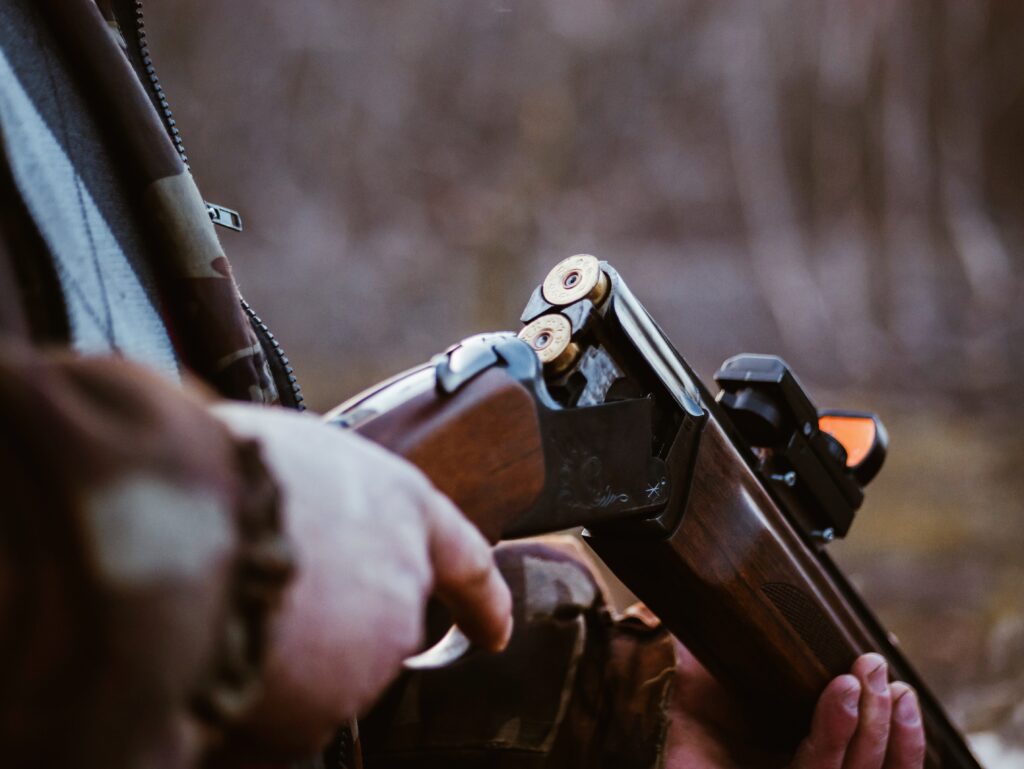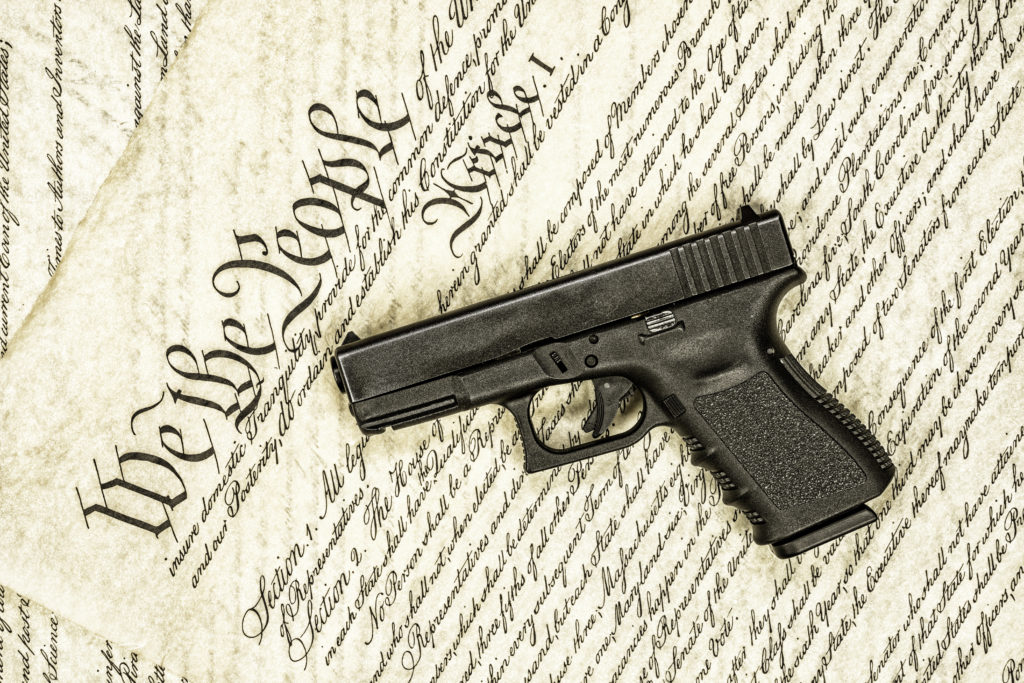
Duryea, PA Firearms Eligibility Investigations
How to Find the Right Duryea, PA Gun Lawyer
The right gun lawyer will be very familiar with Pennsylvania gun law and frequently handle cases like yours. At The Gun Law Firm, we help people determine if they can legally own a gun every day with firearms eligibility investigations. It is not necessary to meet in-person to perform a firearms eligibility investigation and determine if you can legally own a gun. Because our law firm focuses on firearms laws, we have been able to help people in 42 different counties in Pennsylvania from Philadelphia to Pittsburgh and everywhere in between. We have even been able to help people who have Pennsylvania crimes or mental health treatment (302, 303, 304) but no longer live in Pennsylvania.
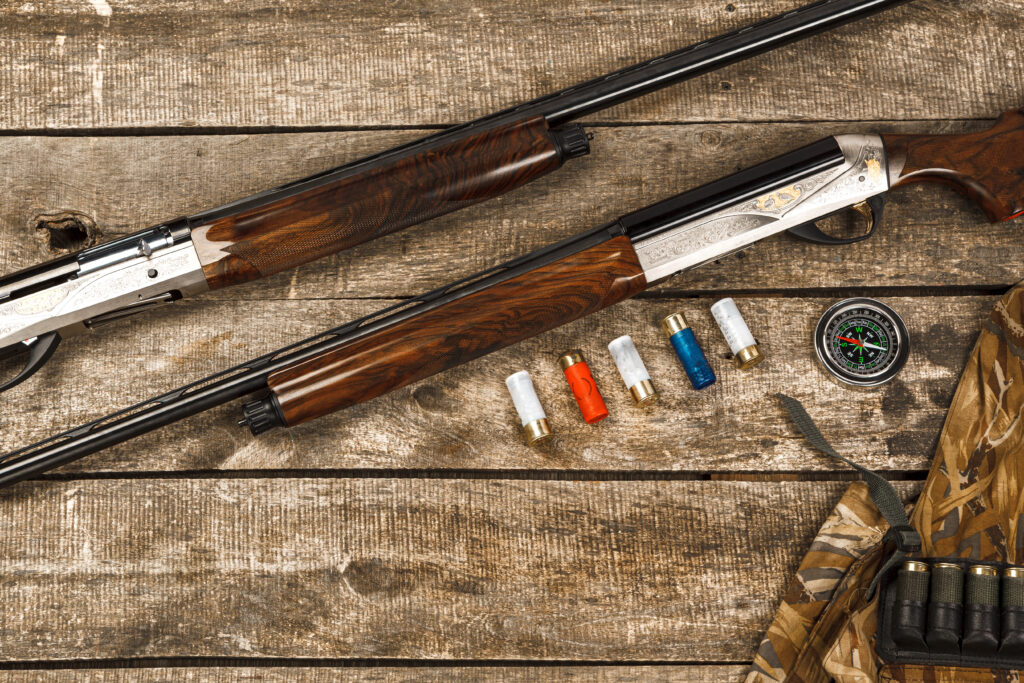
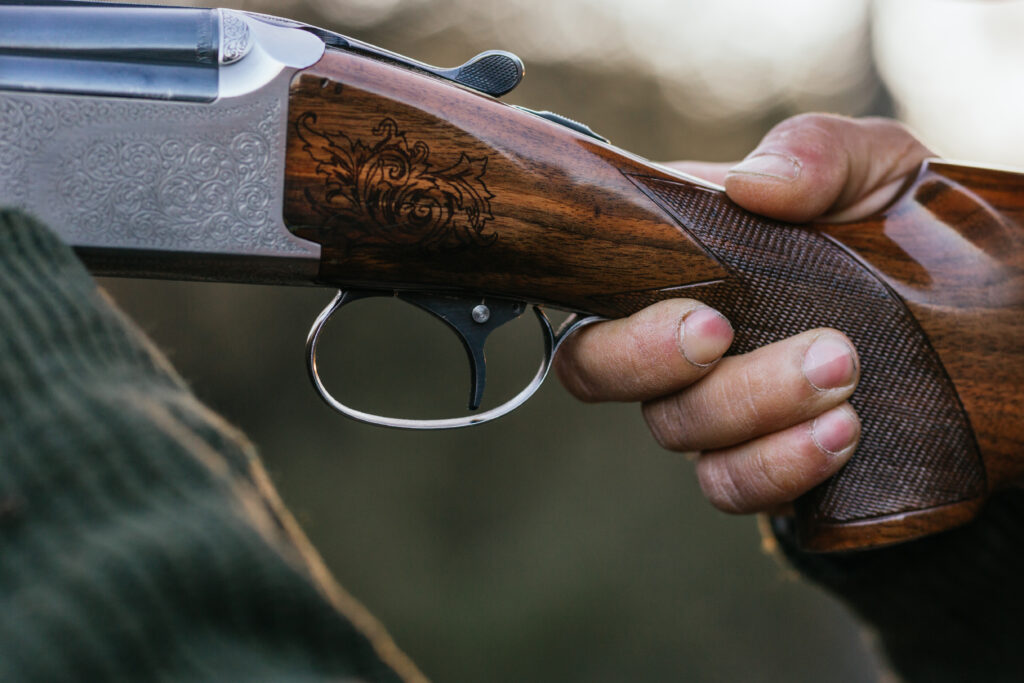
Can I legally own a Gun in Pennsylvania?
You have decided you want to be a gun owner. But there are many reasons why people can’t legally own a gun in Pennsylvania. Many crimes that are not violent, and are not felonies, can still prohibit you from possessing firearms. You can’t legally own a gun in Pennsylvania if you have certain misdemeanor convictions. People who were hospitalized for mental health treatment for a 302, or involuntary committed for a 303 or 304 in Pennsylvania can’t legally own or possess guns. Even if your criminal case or mental health treatment happened when you were a juvenile (when you were a minor, or under 18) it could still prevent you from legally owning a gun. There are many more reasons why a person can’t legally own a gun in Pennsylvania. If a person is caught possessing a firearm in any manner when they are legally prohibited, they could face severe penalties, including a lengthy prison sentence.
A Pennsylvania Pardon can help restore your gun rights in Duryea, PA
We believe in the right to protect yourself and your loved ones, so we help hard-working successful individual restore their gun rights. Most people would not be able to live with themselves if their spouse or child were harmed and a conviction stopped them from adequately protecting their family. A pardon is often the only way to restore your gun rights if you are prohibited from possessing firearms based on a Pennsylvania conviction. Do not be fooled into thinking that you will restore your rights with Clean Slate Limited Access or Limited Access petitions, because criminal justice agencies will still be able to see your convictions and use them against you. Some people even erroneously call these “expungements” even though the records will not be destroyed and the petitioner will still be prohibited from possessing firearms. The famous saying is “there are no shortcuts” and when it comes to restoring your rights from a Pennsylvania conviction, that saying rings true.
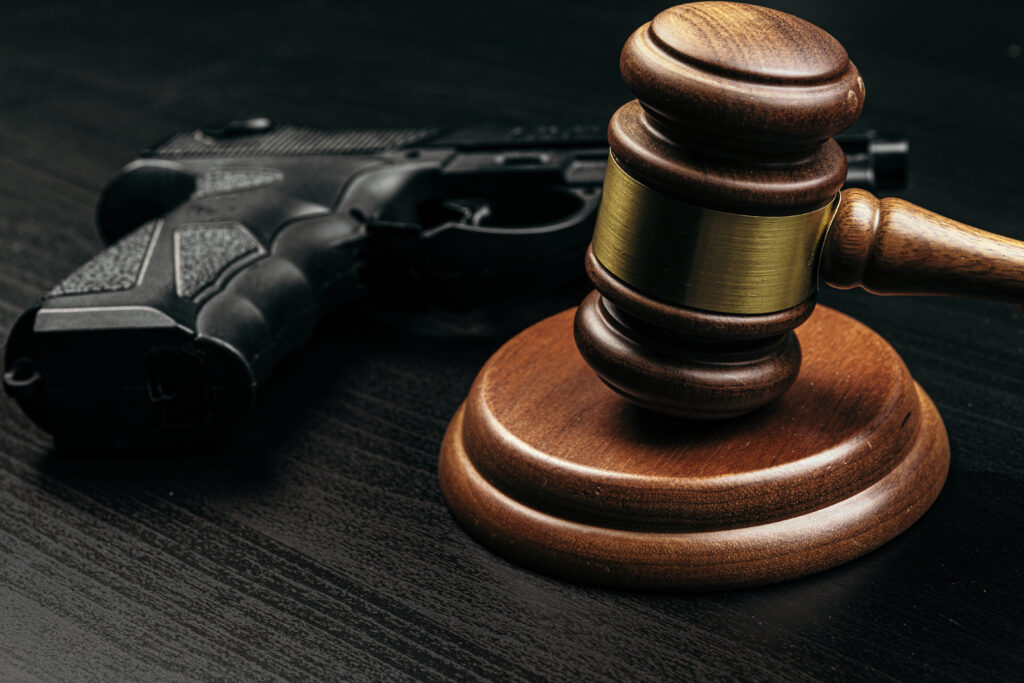
How to Contact a Gun Lawyer in Duryea, PA
Once you decide you want to own a gun, it is important to have a gun lawyer in Duryea, PA determine if you can legally own a gun. If there is any doubt, it is not wise to guess, because you could be prosecuted for a felony if you are wrong. At The Gun Law Firm, we take the guesswork out of figuring out if you can legally own a gun in Pennsylvania. We have done hundreds of firearms eligibility investigations for our clients since 2016. If you contact our office, we offer a free case strategy session by telephone. We will help you determine if a firearms eligibility investigation is right for you. You can call our office to schedule a free case strategy session. Because we are very busy helping people and protecting gun rights, be sure to leave your contact information if you reach our answering service, and someone from our team will call you back shortly. If you prefer, you can fill out the “Contact Us” form on our website, and someone at our office will reach out to you as quickly as possible.
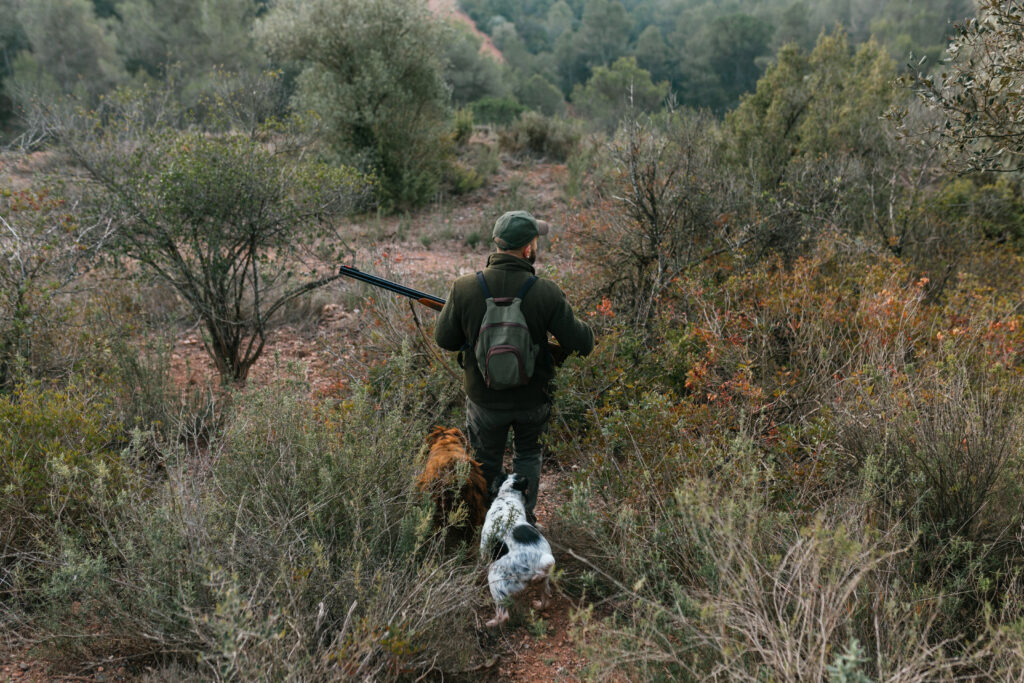
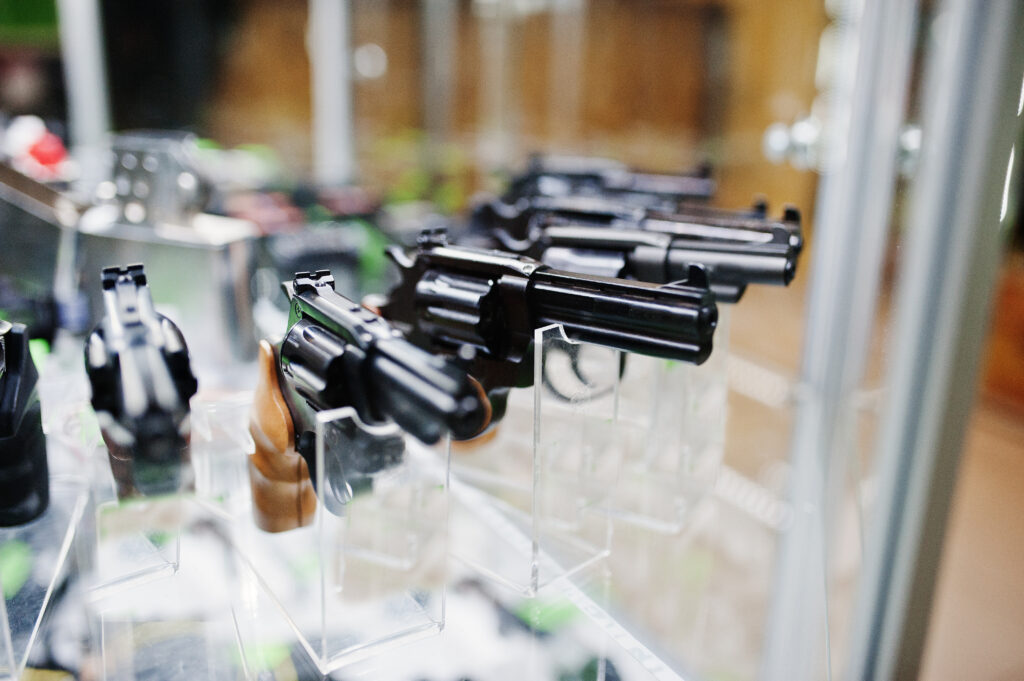
Can I get an expungement in Duryea, PA
There are only three reasons you can expunge a conviction for a misdemeanor or felony in Pennsylvania. First is if you are 70 years of age or older and free of arrest or prosecution for ten years. Second is you have been dead for 3 years. Third is if you have been granted a Governor’s Pardon (executive clemency). Most people who are seeking to expunge their criminal convictions are not 70 years of age, and nobody seeking expungement has been dead for three years. Most people who want to expunge their criminal convictions in Pennsylvania need a Pardon.
What to do after a PICS Denial or Undetermined Status in Duryea, PA
After a PICS Denial or Undetermined Status, it is very important to contact a firearms attorney as soon as possible. This is because there are very strict deadlines in place, and neither the dealer nor the Sheriff will be able to inform you of the reason for denial. DO NOT TRY TO CONTACT THE POLICE TO FIND OUT WHY, BECAUSE ANYTHING YOU SAY CAN BE USED AGAINST YOU IN CRIMINAL COURT. Make sure to keep good notes about the date and location of the denial and the name of the dealer or Sheriff’s Office. If you are denied a License to Carry Firearms (concealed carry license) due to a PICS Denial or Undetermined Status, the Sheriff must send written notice of the denial by certified mail. Make sure you do not lose that letter. You only have 30 days after a PICS denial or undetermined status to file a PICS Challenge. If you don’t file your PICS Challenge within 30 days, you cannot have it overturned. It is VERY IMPORTANT that you do not try to file a PICS Challenge unless you are absolutely certain that you are not prohibited from possessing firearms and are willing to face a felony and jail time if you are wrong. When you file the challenge, you will once again certify that the information you provide is subject to the penalty of a felony of the third degree and a misdemeanor of the third degree. Many people try to purchase a firearm and have no idea that something in their past makes them prohibited. An experienced firearms attorney will be able to ask you the right questions, gather the necessary documents and information and determine whether you are even eligible to own and possess firearms (or get a License to Carry Firearms) before submitting a PICS Challenge on your behalf. Because there is a 30-day deadline, it is very important to act fast, because 30 days is a very short amount of time to conduct the necessary investigation.
